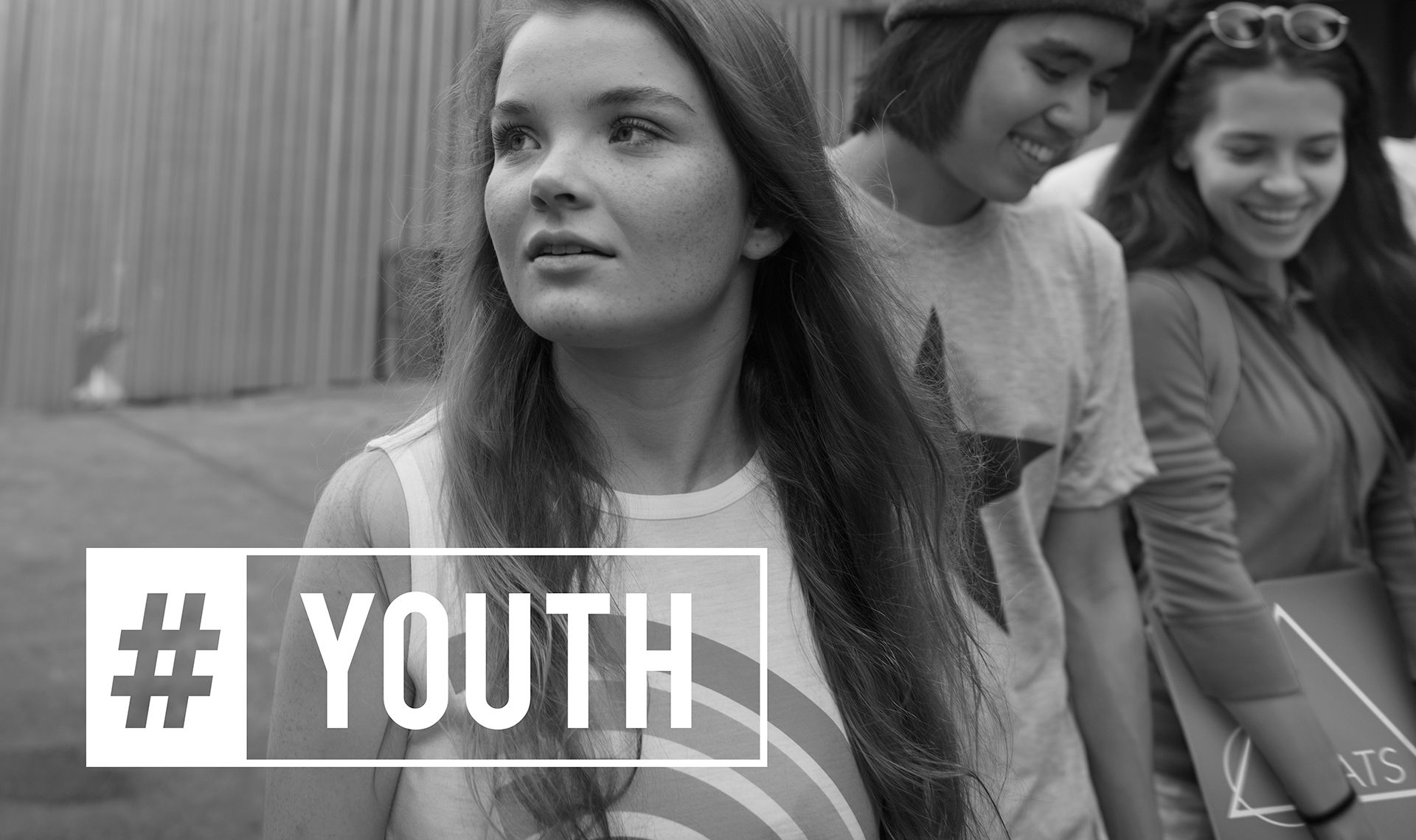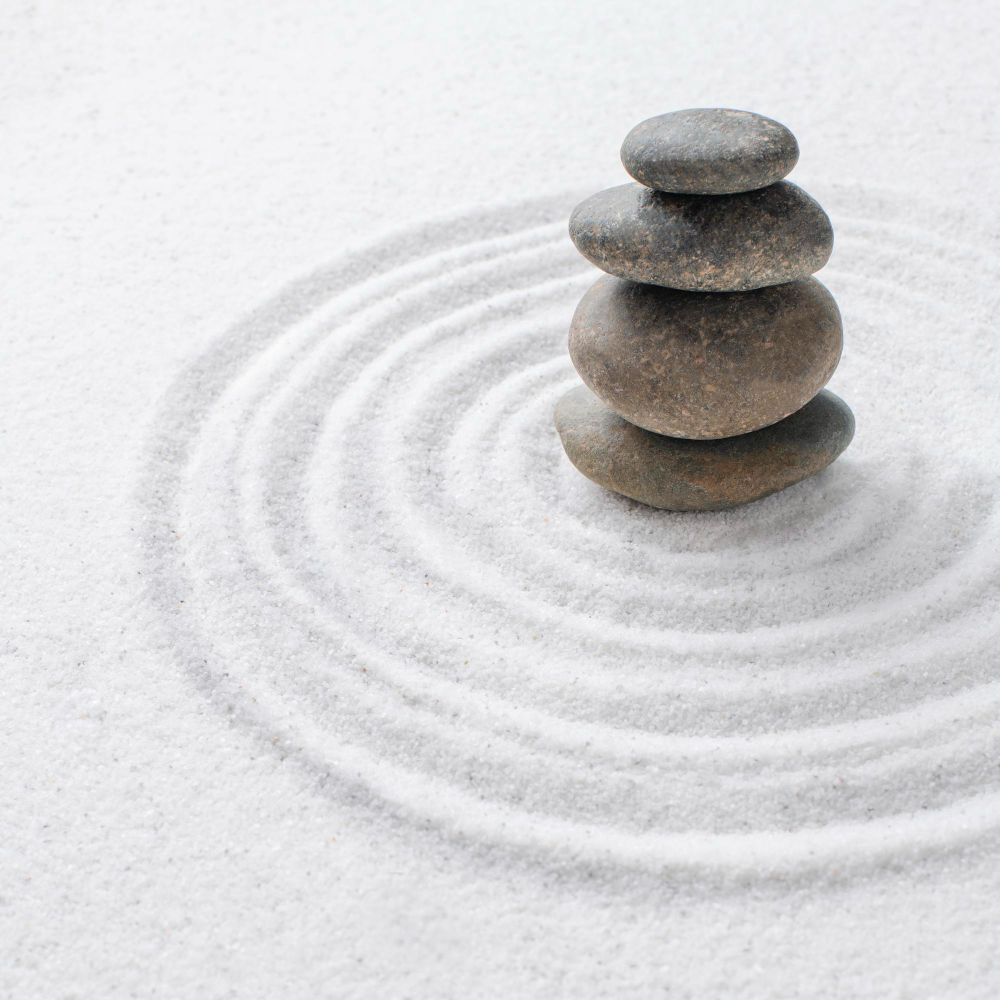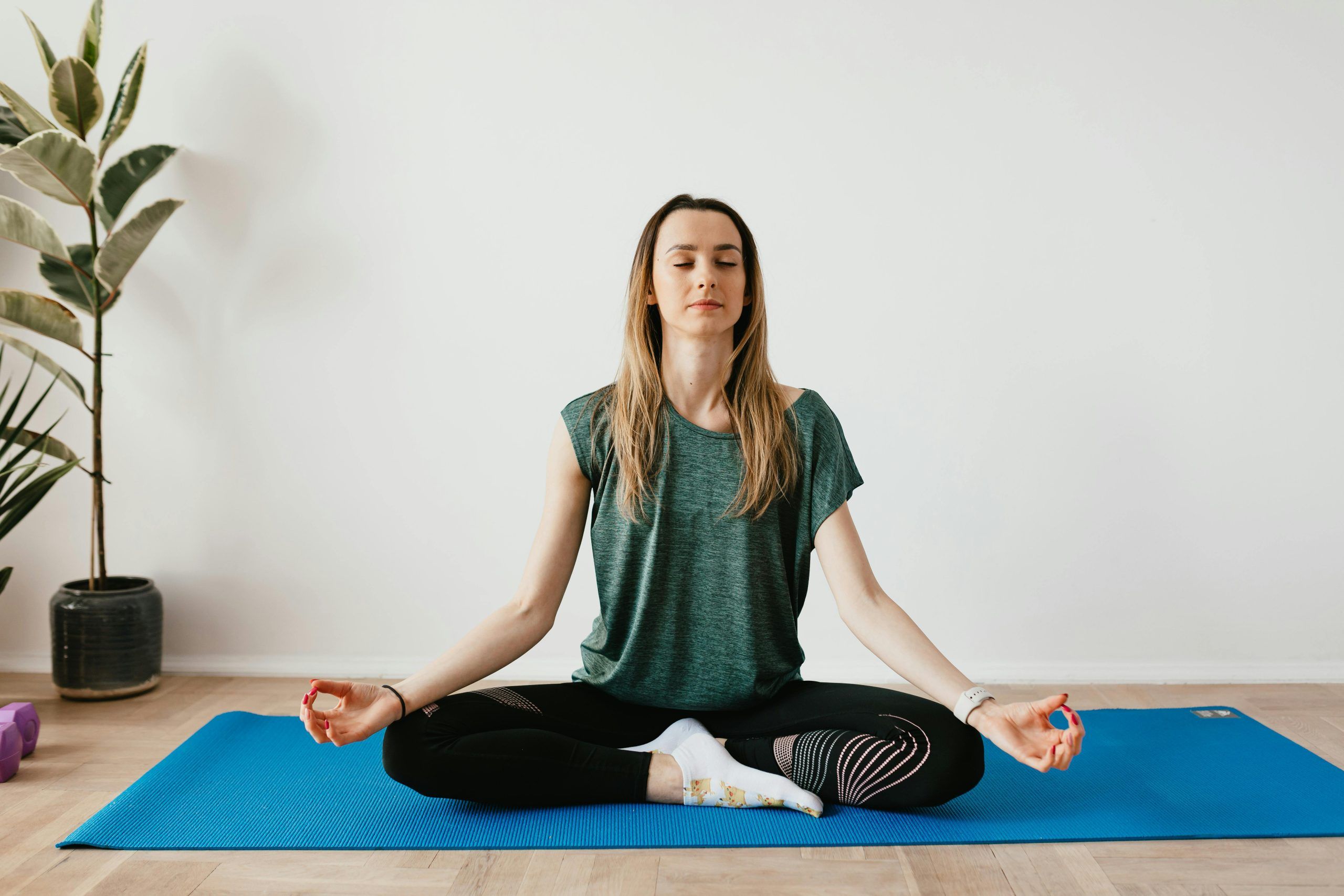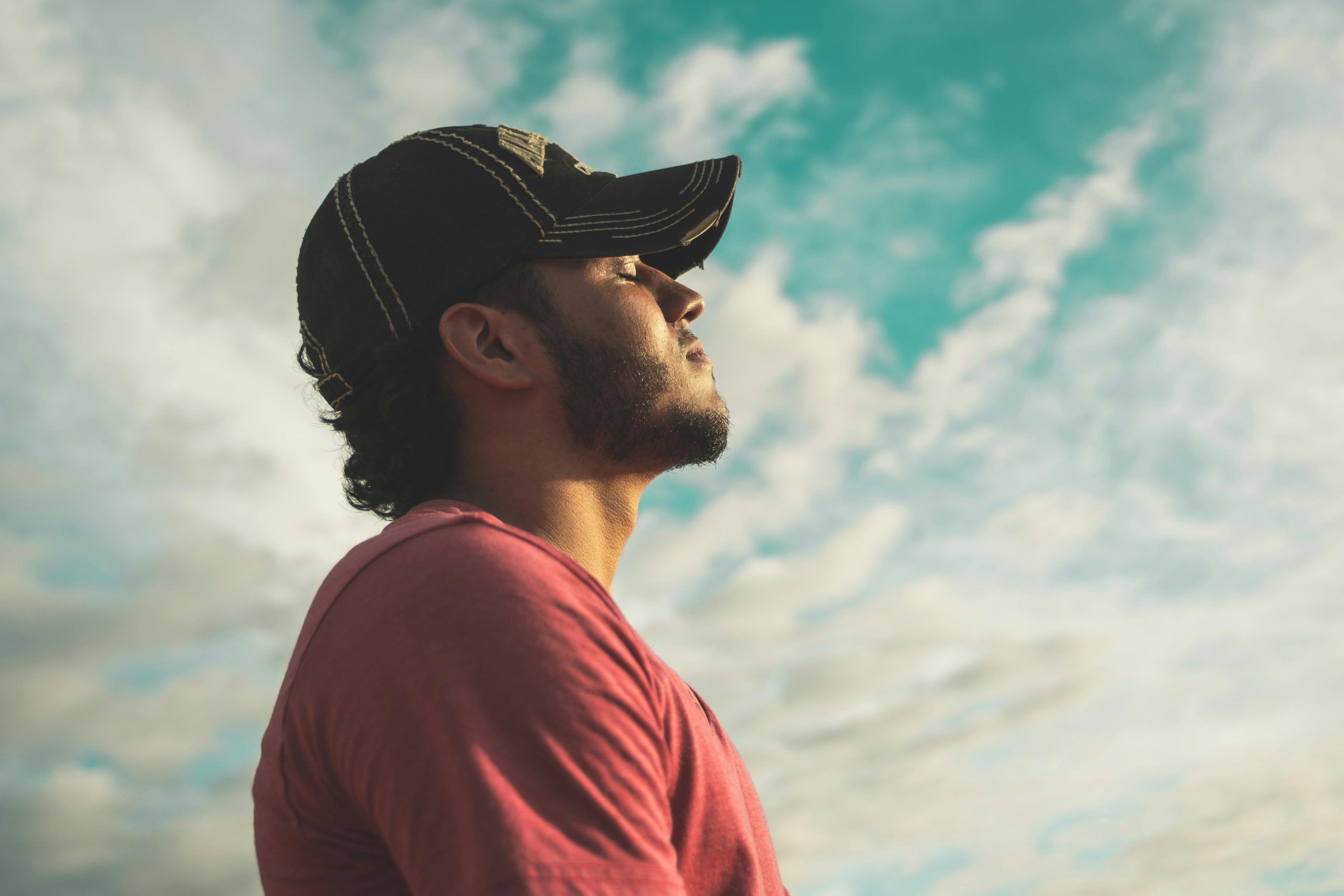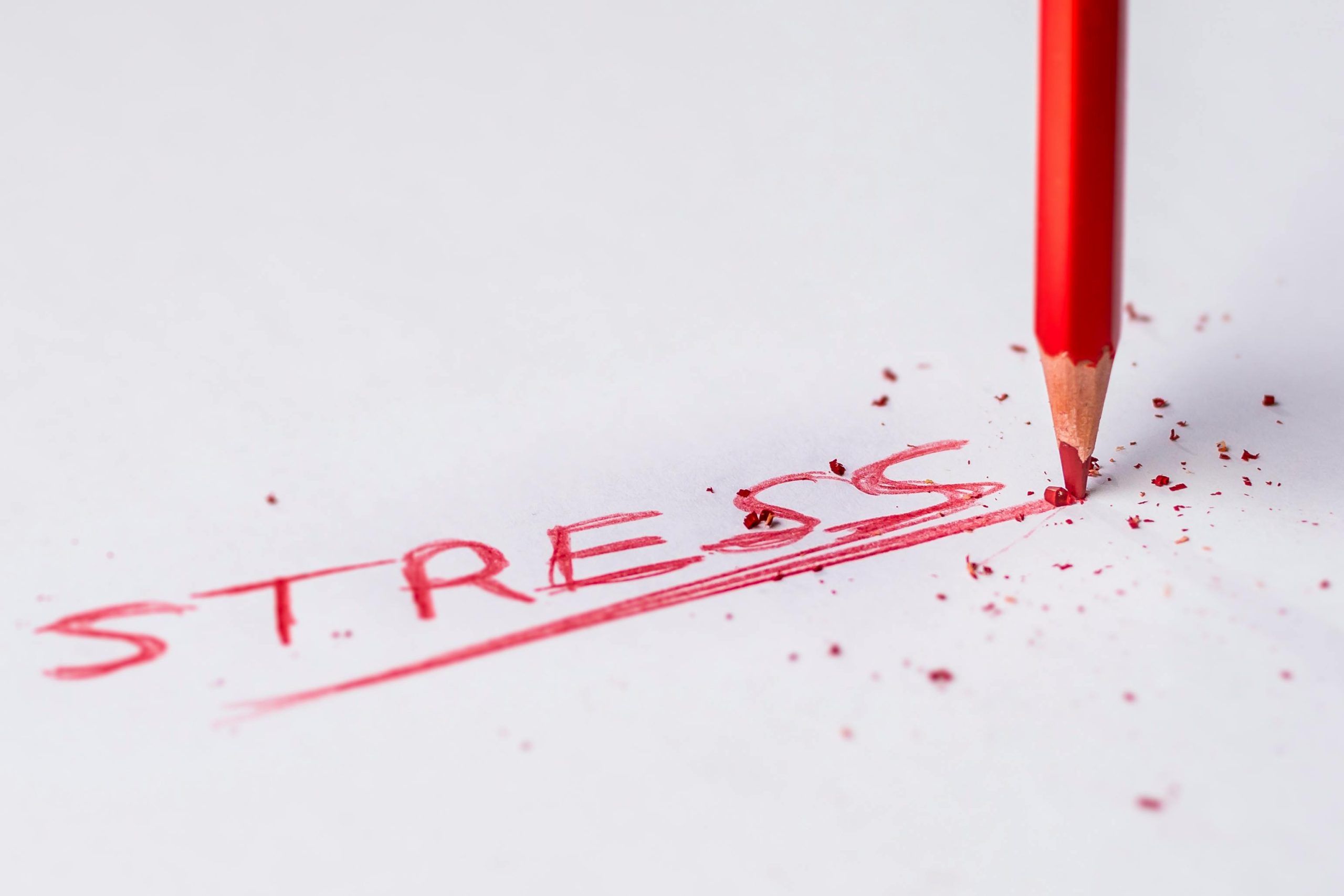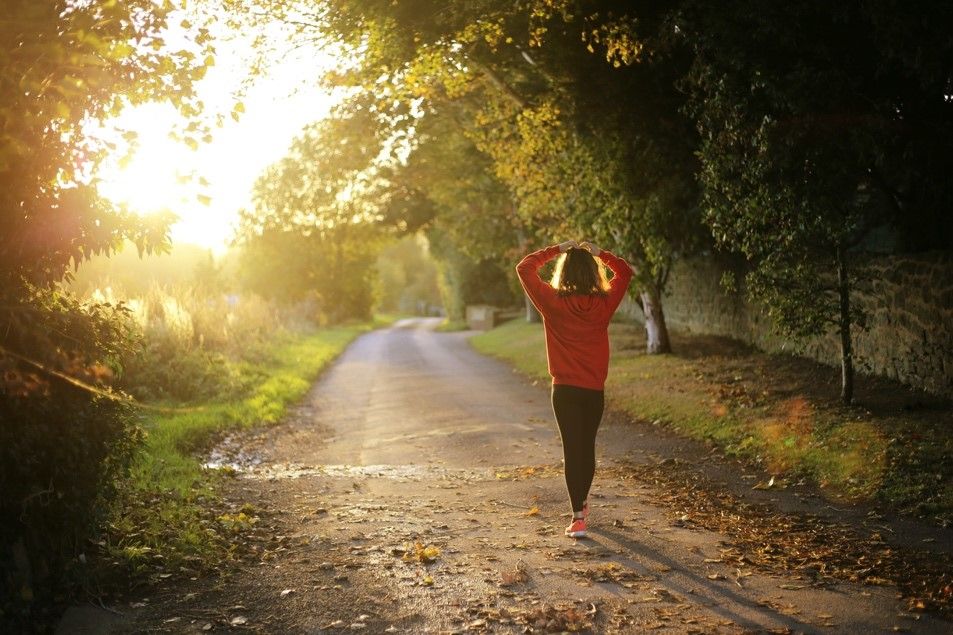- Home
- PM
Author: PM
BENEFIT: Empowering Youth Mental Health in Ireland
Written by PM on . Posted in News.
The BENEFIT project represents an innovative initiative aimed at equipping youth workers and young people with tools and resources to address mental health challenges and improve employability. In Ireland, this project has successfully piloted key training modules and hosted impactful events to test and amplify its resources, emphasising the importance of mental health-informed youth work.
Piloting Training Modules for Youth Workers
In June 2024, Ireland hosted two workshops under the BENEFIT project, engaging 20 youth workers from diverse professional backgrounds. This “Enhancing Youth Workers’ Capacity Training Workshop” delivered a comprehensive programme spanning five core modules: resilience, mindfulness, cooperation, mental hygiene, and healthy digital habits. These sessions aimed to provide youth workers with practical tools to foster emotional well-being, strengthen support networks, and promote healthy lifestyle practices among young people.
Participants appreciated the interactive and reflective nature of the training, with activities such as life satisfaction assessments, mindfulness exercises, and discussions on conflict resolution. These practical elements were complemented by digital resources, such as a demonstration of the BENEFIT website, which offers an accessible eLearning platform for self-directed learning. Feedback highlighted the programme’s relevance and effectiveness, with one participant noting, “The mindfulness and self-care module was a game-changer for me.”
The Multiplier Event: Broadening Impact
On 8 October 2024, a BENEFIT multiplier event in Ballyjamesduff extended the project’s reach to 36 participants, primarily young people aged 17–19. Held at St. Clare’s Secondary School, the event was tailored to foster mental health awareness and advocacy among students and educators. Pauline Clarke from “Mind Nua” led the session, incorporating mindfulness techniques and discussions on resilience and healthy habits.
The event’s key outcomes included:
- Enhanced Mental Health Awareness: Participants developed foundational knowledge of resilience and self-care.
- Practical Well-being Tools: Attendees explored strategies for stress management and positive relationship-building.
- Mindfulness Skills Development: Hands-on activities enabled students to adopt relaxation techniques to manage stress.
This session also encouraged safe and open discussions about mental health, promoting a supportive school environment.
Reflections and Future Directions
The Irish context of the BENEFIT project underscores the value of participatory approaches in mental health education. Through its workshops and events, the initiative demonstrated how tailored training and practical resources can empower youth workers and young people alike. Moving forward, further training for educators and regular mental health workshops could sustain and expand this impact. Ensuring widespread access to the project’s Toolkit on Mental Well-being for Youth and its eLearning platform will also be critical in enabling continuous learning and support.
As the BENEFIT project concludes in November 2024, we are proud to have been part of this journey with the BENEFIT consortium. Collaborating with such dedicated partners and participants has been an enriching experience, and we are confident the tools, resources, and insights developed will leave a lasting legacy. We look forward to seeing the continued positive impact of BENEFIT’s work in Ireland and across Europe, fostering a healthier and more inclusive future for young people.
The Broaden-and-Build Theory: Unlocking Your Potential through Positivity
Written by PM on . Posted in Uncategorized.
What if simply feeling good could help you achieve more and grow stronger? That’s the idea behind psychologist Barbara Fredrickson’s Broaden-and-Build Theory. This powerful concept shows how positive emotions—like joy, gratitude, and curiosity—can expand your thinking, strengthen your skills, and help you build lasting resources for the future.
When you experience positive emotions, your mind “broadens,” making you more open to new ideas, creative solutions, and deeper connections with others. Over time, this mindset “builds” a foundation of resilience, relationships, and skills to help you navigate challenges and thrive.
Here’s how you can use the Broaden-and-Build Theory to enhance your life:
- Practice Gratitude: Take time to reflect on what makes you happy—it could be a kind friend, a fun hobby, or even a sunny day.
- Explore Your Curiosity: Say yes to trying new things, whether it’s learning an instrument, joining a club, or exploring nature.
- Celebrate Small Wins: Focus on positive moments, no matter how small, to create a cycle of optimism and motivation.
- Build Relationships: Surround yourself with people who uplift you and share your joy.
- Spread Kindness: Doing something kind for others can spark positive emotions for you and those around you.
Positive emotions aren’t just about feeling good in the moment—they’re a gateway to building a brighter, stronger future. So, take a deep breath, smile, and let positivity broaden your horizons!
The Incredible Power of Youth Resilience
Written by PM on . Posted in News.
Youth resilience is a remarkable quality that enables young individuals to overcome adversity and thrive in the face of challenges. This innate strength, coupled with access to resources and support, plays a crucial role in shaping their future and creating a positive impact on society.
Definition and Importance of Youth Resilience: Youth resilience refers to the ability of young people to adapt, bounce back, and grow in the face of adversity, trauma, or stress. It encompasses their capacity to withstand and recover from difficult circumstances while maintaining a sense of well-being and purpose. Resilience plays a vital role in the healthy development of young individuals, enabling them to navigate life’s obstacles, build positive relationships, and pursue their aspirations.
The Strength Within: Youth Resilience is often a product of the remarkable internal strength and resourcefulness that young individuals possess. Their ability to tap into their inner resilience helps them develop a positive mindset, maintain optimism, and believe in their ability to overcome challenges. This inherent resilience empowers young people to persevere and find innovative solutions to problems, allowing them to emerge stronger and more resilient than before.
External Resources and Support Systems: While internal resilience is significant, the availability of external resources and support systems further enhances youth resilience. These resources can take various forms, such as access to education, healthcare, mental health services, safe environments, supportive relationships, and mentorship programs. When provided with the necessary resources, young individuals are better equipped to develop their resilience and overcome obstacles. Supportive networks, including family, friends, teachers, and community organizations, play a crucial role in nurturing youth resilience by offering guidance, encouragement, and a sense of belonging.
Youth as Agents of Change: One fascinating aspect of youth resilience is its potential to drive positive change in society. Resilient young individuals often possess a strong sense of social justice, empathy, and a desire to make a difference. They actively engage in community service, advocacy, and grassroots movements, utilizing their resilience to tackle social, environmental, and economic challenges. With the right resources and support, youth resilience can inspire a generation of change-makers who have the power to transform their communities and create a brighter future for all.
Youth resilience, coupled with access to resources and support, is a powerful combination that empowers young individuals to overcome adversity, thrive, and become agents of positive change. By investing in their resilience and providing them with the necessary tools, we can foster a generation of resilient leaders who will shape a better tomorrow.
Resources:
https://en.wikipedia.org/wiki/Psychological_resilience
https://www.apa.org/topics/resilience/guide-parents-teachers
What is Mindfulness
Written by PM on . Posted in News.
Mindfulness, or sampajañña in Pali–one of the major languages of the Buddhist scriptures–means clear comprehension. Its definition aligns with its purpose, to help us see more clearly, respond more effectively to what life throws at us, and ultimately make wiser choices (Shapiro, 2020).
While mindfulness has its origins in ancient Chinese medicine, in recent years, it has been widely integrated into modern western therapies for treating a broad range of psychological and physiological conditions (Tang, 2018).
Now, since we understood the definition, let’s see how we can practice it with simple ways during our everyday life.
Have a routine
The first step is to introduce a daily routine. Having a program in your daily life help you to control the things and stay calm during unexpected situation. Also, add in your life the exercise. Any kind. It can be walking, running, yoga or gym. Like any exercise, mindfulness benefits from regular practice.
Understand the way to mindfulness
Mindfulness is not just a break for your duties or a nice word but is a way of leaving. Many tools out there can induce you to your mindfulness trip. Like breathing, meditation and exercise. Don’t wait for the right time. Begin your mindfulness trip TODAY!
Commitment
The most crucial action before starting this journey is making a commitment to it. The authors speculate that the reason why some meta-analyses have shown variable outcomes for mindfulness therapies is because the participants may not be doing their homework or may be doing it for insufficient time to notice results (Khoury et al., 2013).
Knowing this, you must make a commitment before starting. We’ll then talk about the benefits of starting a mindfulness practise and how to live a mindful life.
Act mindfully
Whatever you do in your daily life, try to do it with mindfulness. Avoid impulsive behaviour and focus on the action. For example. Take time to focus in the action while you are showering, reading, cooking and eating. It is important to pay attention to these simple tasks because with this way we can understand truly the reason behind it but also do it effectively. Slowly, you will be able to act mindfully and to other more complicated stuff or the ones which are not your favourites.
Ckick on “Read More” below to download a practical poster that you can have always in your side
Source
How to Practice Mindfulness: 11 Practical Steps and Tips (positivepsychology.com)
How to Practice Mindfulness – Mindful
The Wheel of Resilience
Written by PM on . Posted in News.
The Wheel of Resilience is a cool way to think about how we bounce back from tough times. Created by psychologist Ann Masten, it’s all about how different parts of our lives work together to help us stay strong, even when life gets hard.
Masten talks about resilience as “ordinary magic,” which means it’s not some superpower only a few people have. Instead, it’s something we can all tap into through everyday things, like having good friends, being part of a supportive community, or learning how to handle stress.
The Wheel of Resilience shows how all these things—like supportive relationships, solid boundaries, and life skills—come together to build our resilience. It’s not just about being tough on your own. It’s also about the people around you and the environment you’re in. For example, having a mentor who believes in you, a community that feels safe, or a school that sets you up for success are all parts of the wheel that help you stay resilient.
This idea is super important because it shows that everyone has the potential to be resilient. It’s not about being born with it; it’s about building it through the right support and resources. So, whether you’re facing big challenges or just everyday stress, the Wheel of Resilience can help you understand how to get through it by leaning on the different parts of your life that keep you strong.
The image you shared is all about helping young people build up their resilience, and it’s geared toward youth workers who want to make a real difference. It’s like a guide that shows six key ways to create a strong and supportive environment where youth can thrive, even when life throws challenges their way.
- Get Youth Involved in Meaningful Stuff: This is all about giving young people the chance to participate in activities that matter to them. When youth are part of something important—like making decisions or contributing to a project—they feel more connected and purposeful.
- Boost Positive Connections: It’s super important for youth to have strong, positive relationships with both their peers and adults. These bonds create a safety net, so when things get tough, they know some people have their back.
- Keep Rules Clear and Fair: Setting clear rules and sticking to them helps create a sense of security. When youth know what’s expected of them, they can focus more on growing and less on worrying about what’s going to happen next.
- Teach Essential Life Skills: Giving youth the tools they need to solve problems, communicate, and manage their emotions sets them up to handle whatever life throws at them. It’s about empowering them to be capable and confident.
- Show That You Care: Youth need to know that there are adults who genuinely care about them. Being there to listen and offer support makes all the difference in how they deal with challenges.
- Expect Great Things: Believing in the potential of young people and setting high expectations encourages them to rise to the occasion. It’s about showing them that you know they can succeed.
This whole approach is about recognizing that resilience isn’t something you’re just born with. It’s something you can build up with the right support and environment. And as a youth worker, you can play a big role in helping young people tap into their resilience and grow stronger through life’s ups and downs.
Mindfulness Based Stress Reduction (MBSR)
Written by PM on . Posted in News.
Mindfulness-Based Stress Reduction (MBSR) is an evidence-based programme designed to help individuals manage stress, anxiety, depression, and chronic pain. Developed by Dr. Jon Kabat-Zinn in 1979 at the University of Massachusetts Medical School, MBSR combines mindfulness meditation and yoga to promote physical and mental well-being.
Key Components of MBSR
- Mindfulness Meditation: Focusing on the present moment non-judgmentally, allowing individuals to observe their thoughts and feelings as they arise without getting caught up in them.
- Body Scan: A meditation practice that involves paying attention to different parts of the body in a gradual sequence, promoting relaxation and awareness of bodily sensations.
- Mindful Movement: Gentle yoga and stretching exercises that are performed mindfully, enhancing body awareness and reducing physical tension.
- Group Discussions: Facilitated group discussions that provide support and help participants share their experiences and insights gained from the practices.
Benefits of MBSR
Research has shown that MBSR can lead to significant improvements in both physical and psychological health. Some of the benefits include:
- Reduction in stress, anxiety, and depression
- Decreased symptoms of chronic pain
- Improved sleep quality
- Enhanced ability to cope with stressful situations
- Greater overall well-being and life satisfaction
- Participants often report feeling more relaxed, having better self-esteem, and experiencing a greater sense of control over their lives after completing the programme
Studies/Articles that have shown its efficacy and value:
Corporate Wellness and Mindfulness: https://www.corporatewellnessmagazine.com/article/mindfulness-in-the-workplace-where-peacefulness-and-productivity-intersect
Harvard: Eight Weeks to a Better Brain: https://news.harvard.edu/gazette/story/2011/01/eight-weeks-to-a-better-brain/
National Institutes for Health – Mindfulness Practice: https://www.ncbi.nlm.nih.gov/pmc/articles/PMC3004979/
Inc. Magazine: Why Google, Nike, and Apple Love Mindfulness Training, and How You Can Easily Love It Too: https://www.inc.com/marissa-levin/why-google-nike-and-apple-love-mindfulness-training-and-how-you-can-easily-love-.html
How to Participate
MBSR programs are widely available in various settings, including hospitals, clinics, and wellness centers. Many programmes are also offered online, providing flexibility for participants. Courses typically require a commitment to attend weekly sessions and engage in daily mindfulness practice.
For MBSR Courses in Partner Countries click on the “Read More” button below.
Youth Mental Health and Well-Being in Ireland
Written by PM on . Posted in News.
In recent years, Ireland has made substantial strides in recognising the importance of mental health and well-being. This beautiful country, known for its picturesque landscapes and warm hospitality, has also shown dedication to nurturing its citizens’ mental health. In this news item, we’ll take a closer look at the mental health supports available in Ireland, reflecting a society that increasingly prioritises mental well-being.
Ireland boasts a range of accessible mental health services designed to cater to individuals of all ages. The Irish government, in collaboration with various mental health organisations, has expanded its efforts to ensure that anyone seeking assistance can find help when they need it. These services include both public and private options, with a focus on promoting early intervention and reducing stigma.
One of the cornerstones of Ireland’s mental health support system is its community-based services. These services are easily accessible and play a crucial role in providing care and assistance to those in need. Community mental health teams, comprised of professionals such as psychiatrists, psychologists, and social workers, offer counselling, therapy, and support for individuals dealing with mental health challenges.
In the region where FIP works, for younger generation, Jigsaw Youth Mental Health Hubs are a lifeline. These centres provide mental health support and resources to young people aged 12 to 25. They offer a safe and welcoming environment where young individuals can seek assistance, attend workshops, and engage in group activities that promote mental well-being. Jigsaw Hubs are instrumental in reducing the stigma associated with youth mental health and encouraging open dialogue.
The Irish government has launched several initiatives to improve mental health services. The “Connecting for Life” strategy, for instance, focuses on reducing suicide rates and enhancing mental health support across communities. This strategy document emphasises collaboration among government agencies, health services, and local communities to create a supportive network for those in crisis.
With an array of services, both public and private, and a growing emphasis on education and awareness, Ireland is actively working to ensure that mental health is prioritised and accessible to all. This collective effort to nurture minds and change lives reflects a compassionate society dedicated to the well-being of its citizens.
Unlock Your Potential with the Power of Engagement
Written by PM on . Posted in News.
Did you know that being fully immersed in something you love can boost your well-being and help you thrive? Engagement is one of the key elements of the PERMA model for happiness and success, and it’s all about losing yourself in activities that excite and challenge you!
Here’s how you can bring more engagement into your life:
- Dive into What You Love: Whether it’s painting, gaming, sports, or coding, find something that lights you up and go for it!
- Set Goals That Excite You: Challenge yourself with projects or skills that push your boundaries and give you a sense of accomplishment.
- Join a Team or Club: Being part of a group with shared interests can make your passions even more fun and rewarding.
- Try New Things: Explore activities that you’ve never done before—you might discover a hidden talent or passion!
- Be Present: Practice mindfulness to stay focused and truly enjoy what you’re doing in the moment.
When you’re fully engaged, life feels more vibrant and meaningful. So, take the first step—pick something that excites you and dive in! The more you engage, the more you’ll grow.
Mindfulness Based Stress Reduction (MBSR)
Written by PM on . Posted in Uncategorized.
Mindfulness-Based Stress Reduction (MBSR) is an evidence-based programme designed to help individuals manage stress, anxiety, depression, and chronic pain. Developed by Dr. Jon Kabat Zinn in 1979 at the University of Massachusetts Medical School, MBSR combines mindfulness meditation and yoga to promote physical and mental well-being.
- 1
- 2
The European Commission’s support for the production of this website does not constitute an endorsement of the contents, which reflect the views only of the authors, and the Commission cannot be held responsible for any use which may be made of the information contained therein. Με τη χρηματοδότηση της Ευρωπαϊκής Ένωσης. Οι απόψεις και οι γνώμες που διατυπώνονται εκφράζουν αποκλειστικά τις απόψεις των συντακτών και δεν αντιπροσωπεύουν κατ'ανάγκη τις απόψεις της Ευρωπαϊκής Ένωσης ή του Ευρωπαϊκού Εκτελεστικού Οργανισμού Εκπαίδευσης και Πολιτισμού (EACEA). Η Ευρωπαϊκή Ένωση και ο EACEA δεν μπορούν να θεωρηθούν υπεύθυνοι για τις εκφραζόμενες απόψεις. Финансирано от Европейския съюз. Изразените възгледи и мнения обаче принадлежат изцяло на техния(ите) автор(и) и не отразяват непременно възгледите и мненията на Европейския съюз или на Европейската изпълнителна агенция за образование и култура (EACEA). За тях не носи отговорност нито Европейският съюз, нито EACEA. Financováno Evropskou unií. Názory vyjádřené jsou názory autora a neodráží nutně oficiální stanovisko Evropské unie či Evroské výkonné agentury pro vzdělávání a kulturu (EACEA). Evropská unie ani EACEA za vyjádřené názory nenese odpovědnost. Gefinancierd door de Europese Unie. De hier geuite ideeën en meningen komen echter uitsluitend voor rekening van de auteur(s) en geven niet noodzakelijkerwijs die van de Europese Unie of het Europese Uitvoerende Agentschap onderwijs en cultuur (EACEA) weer. Noch de Europese Unie, noch het EACEA kan ervoor aansprakelijk worden gesteld. Financirano sredstvima Europske unije. Izneseni stavovi i mišljenja su stavovi i mišljenja autora i ne moraju se podudarati sa stavovima i mišljenjima Europske unije ili Europske izvršne agencije za obrazovanje i kulturu (EACEA). Ni Europska unija ni EACEA ne mogu se smatrati odgovornima za njih. Financé par l’Union européenne. Les points de vue et avis exprimés n’engagent toutefois que leur(s) auteur(s) et ne reflètent pas nécessairement ceux de l’Union européenne ou de l’Agence exécutive européenne pour l’éducation et la culture (EACEA). Ni l’Union européenne ni l’EACEA ne sauraient en être tenues pour responsables. Von der Europäischen Union finanziert. Die geäußerten Ansichten und Meinungen entsprechen jedoch ausschließlich denen des Autors bzw. der Autoren und spiegeln nicht zwingend die der Europäischen Union oder der Europäischen Exekutivagentur für Bildung und Kultur (EACEA) wider. Weder die Europäische Union noch die EACEA können dafür verantwortlich gemacht werden. Financiado pela União Europeia. Os pontos de vista e as opiniões expressas são as do(s) autor(es) e não refletem necessariamente a posição da União Europeia ou da Agência de Execução Europeia da Educação e da Cultura (EACEA). Nem a União Europeia nem a EACEA podem ser tidos como responsáveis por essas opiniões. Financiado por la Unión Europea. Las opiniones y puntos de vista expresados solo comprometen a su(s) autor(es) y no reflejan necesariamente los de la Unión Europea o los de la Agencia Ejecutiva Europea de Educación y Cultura (EACEA). Ni la Unión Europea ni la EACEA pueden ser considerados responsables de ellos. Finanziato dall'Unione europea. Le opinioni espresse appartengono, tuttavia, al solo o ai soli autori e non riflettono necessariamente le opinioni dell'Unione europea o dell’Agenzia esecutiva europea per l’istruzione e la cultura (EACEA). Né l'Unione europea né l'EACEA possono esserne ritenute responsabili. Financirano s strani Evropske unije. Izražena stališča in mnenja so zgolj stališča in mnenja avtorja(-ev) in ni nujno, da odražajo stališča in mnenja Evropske unije ali Evropske izvajalske agencije za izobraževanje in kulturo (EACEA). Zanje ne moreta biti odgovorna niti Evropska unija niti EACEA.
Project Number: 2022-1-DE04-KA220-YOU-000085433

Copyright © 2023 | Privacy policy

